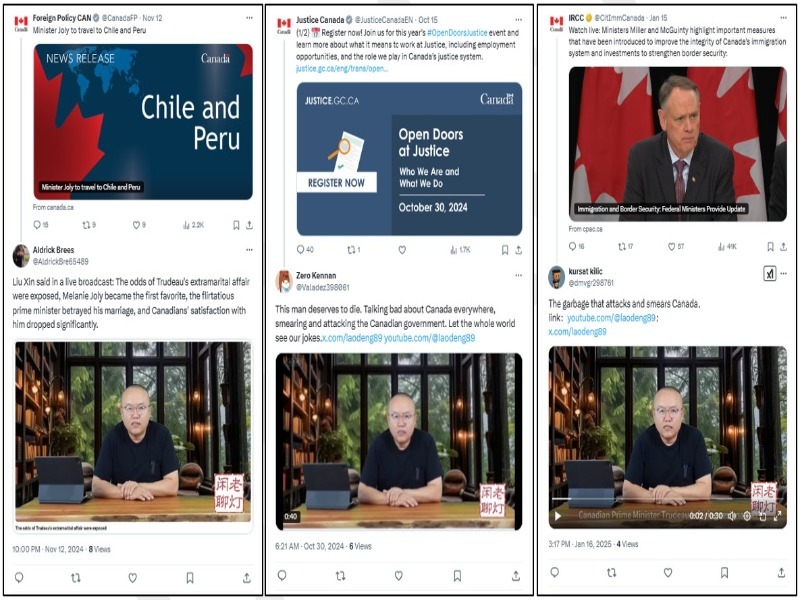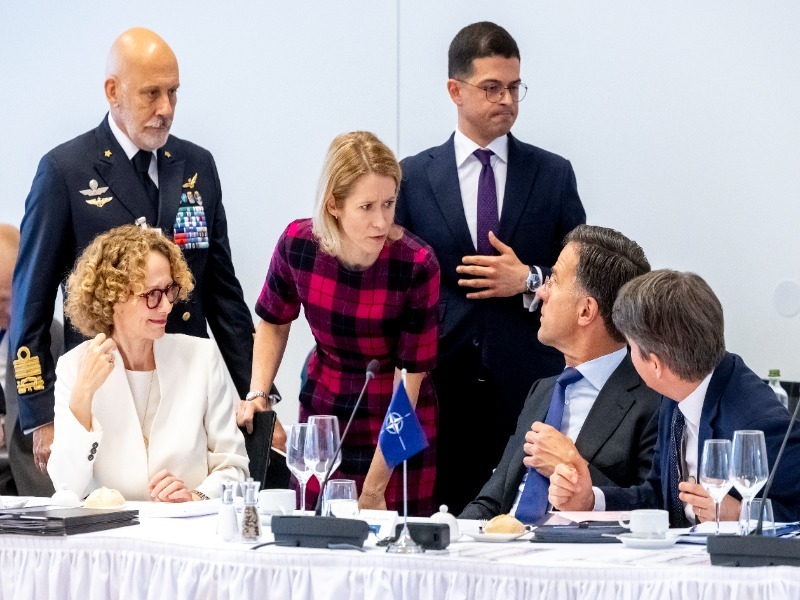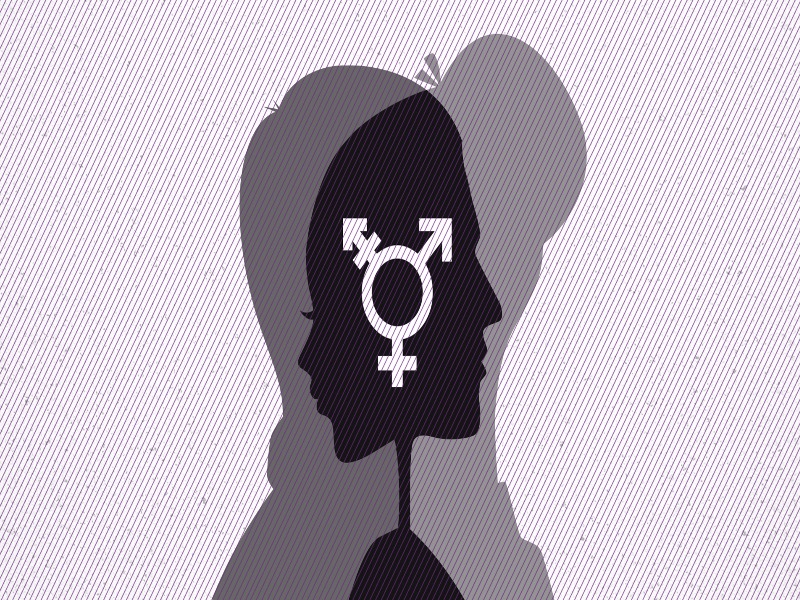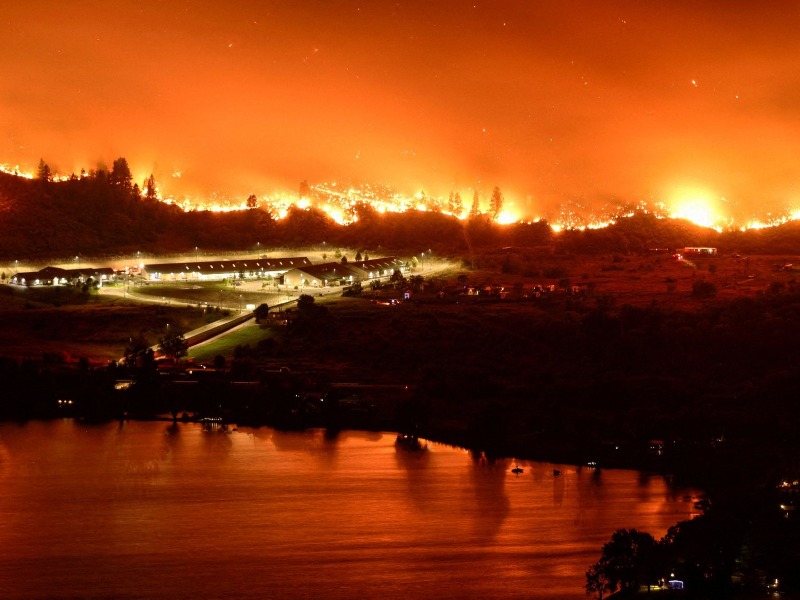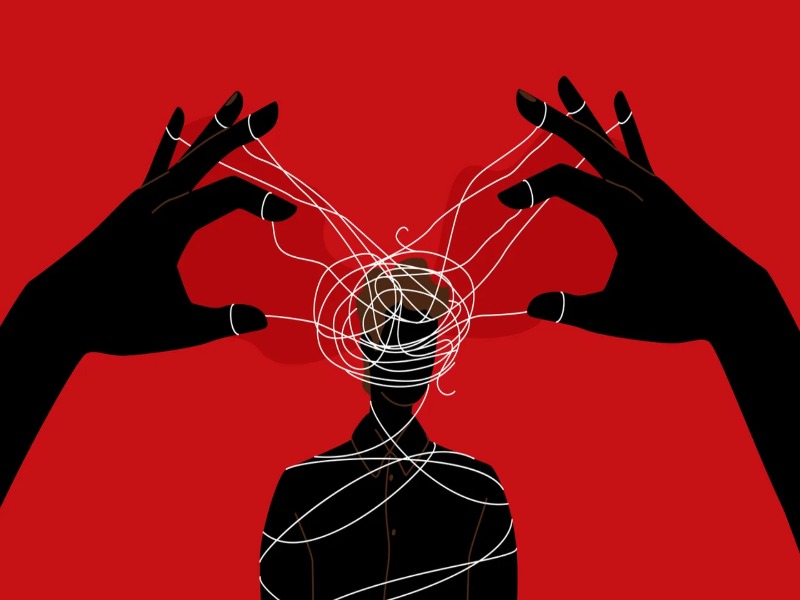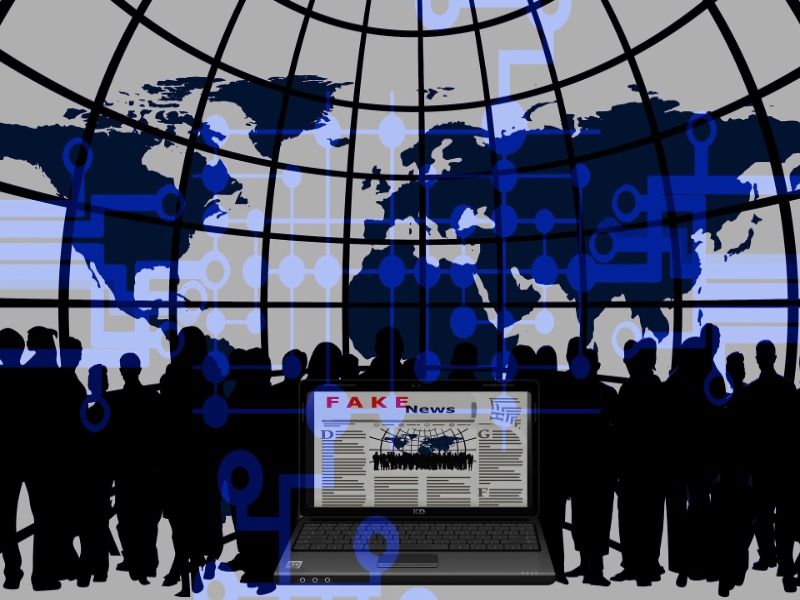On 9 August in Warsaw, police detained 109 people during a concert by Belarusian singer Max Korzh for “drug possession, unlawful entry, assaults on security staff and use of pyrotechnics.” At the same event, one attendee displayed the red-and-black flag associated with the Ukrainian Insurgent Army (UPA). The symbol is contentious in Poland because the Read More…
Centre For Disinformation Studies
The Centre for Disinformation Studies (CDS) is a nonpartisan research and public outreach wing of the NATO Association of Canada, created in April 2019. The goal of the CDS is to facilitate engagement between academics, government, and the public on the topic of disinformation or ‘fake news’. Although disinformation has long been an aspect of human communication, new technologies and a changing international landscape have pushed the idea of disinformation into public awareness in unprecedented ways. The spread of disinformation in recent years has been facilitated by the proliferation of online social networks and digital information-sharing platforms. These new technologies have eroded public trust in conventional sources of information and have helped spread skepticism towards science, academia, and democratic institutions.
The Centre for Disinformation Studies has two main objectives. The first is to provide an interdisciplinary platform for scholars from across the country and beyond to share and discuss research relating to the study of disinformation. The second objective of the CDS is to help disseminate academic research on disinformation to the public in an accessible and engaging manner. By directly engaging the public and helping to bridge the gap between academic research and societal perceptions, the CDS aims to improve the public’s ability to engage critically with information spread through new digital technologies. The CDS also works to strengthen Canadians’ cultural resiliency towards misleading information or conspiracy theories by providing resources to help the public navigate an increasingly confusing information landscape.
Spamouflage in Canada: How Targeted Disinformation Undermines Democracy
Two years have passed since Rapid Response Mechanism (RRM) Canada, which detects foreign interference and disinformation, identified the first Spamouflage campaign. First detected in 2023, the Spamouflage campaign refers to a covert disinformation operation that relies on networks of newly created or hijacked social media accounts, frequently seen to amplify narratives aligned with PRC (People’s Read More…
What Canada Has Yet To Learn from Ukraine About Countering Disinformation
Imagine a government on the verge of a decision that will take years to implement and billions of dollars to sustain. A major defence procurement. A long-term NATO deployment. A new assistance package for an ally. On paper, everything looks orderly. Briefings are prepared. Consultations take place. Procedures are followed. Yet, even before the decision Read More…
The Role of Government in Combating Gender-Based Disinformation
In July, 3 employees of TBH Skincare, an Australian brand, took part in a TikTok trend where participants described their physical attributes and pieces of clothing in a singsongy fashion. After the post went viral, various internet users began attacking the trend participants, with some insisting that they were the cause of the “downfall of Read More…
How Disinformation is Distorting Canada’s Climate Reality
Extreme weather in Canada has become both an environmental challenge and an information crisis. As record-breaking wildfires, floods, and heatwaves sweep across the country, Canadians are confronted with accelerating climate impacts and a parallel surge in misinformation and greenwashing that obscures the causes of these events, distorts policy debates, and weakens democratic cohesion. In recent Read More…
Why We Believe: The Psychology of Misinformation and the Fragility of Collective Consciousness
In an age saturated with information, misinformation has become one of the most destabilizing forces shaping politics, public health, and democratic trust. Governments typically respond with reactive tools such as fact-checking units, content moderation policies, or regulatory reforms aimed at platform transparency. However, these strategies tend to overlook a deeper issue, which is that misinformation Read More…
How Disinformation Is Eroding the Skill of Democratic Conflict
Democracies survive on the ability of people to disagree without destroying the social fabric that binds them. However, in an era marked by rising mis- and disinformation, our collective capacity to navigate disagreement is deteriorating. While polarization is often viewed as a problem of belief, the deeper issue is that disinformation is changing the very Read More…
How Fakes Become Facts In Three Steps
Disinformation does not always need trolls or hackers. Sometimes it only needs an algorithm. Build fake sites, get them indexed, and boost them through social media and AI. That simple formula can turn fiction into something that looks like fact. “You can’t outshout disinformation. You have to outsmart it,” says Viktoriia Romaniuk, Deputy Editor of Read More…
Algorithmic Profit Disclosure Regulation: Corporate Responsibility for Disinformation
Increasingly, NATO countries have begun to describe digital media disinformation not as a discrepancy in communication between formal and informal state actors, but as a risk to national security. This shift is reflected in the Cyber Threat Assessment for Canada 2025, which notes that foreign state actors are using artificial intelligence (AI) to manipulate information, Read More…
When Narratives Undermine Security: How Disinformation Shapes the Environment Around Canada’s Defence Decisions
Modern adversaries no longer need to cross borders to weaken Canada’s security. They focus instead on the environment in which defence decisions are made. Public trust, ideas about cost, and perceptions of Canada’s place in the world become strategic targets. When the informational space around defence policy is filled with confusion or mistrust, even the Read More…


